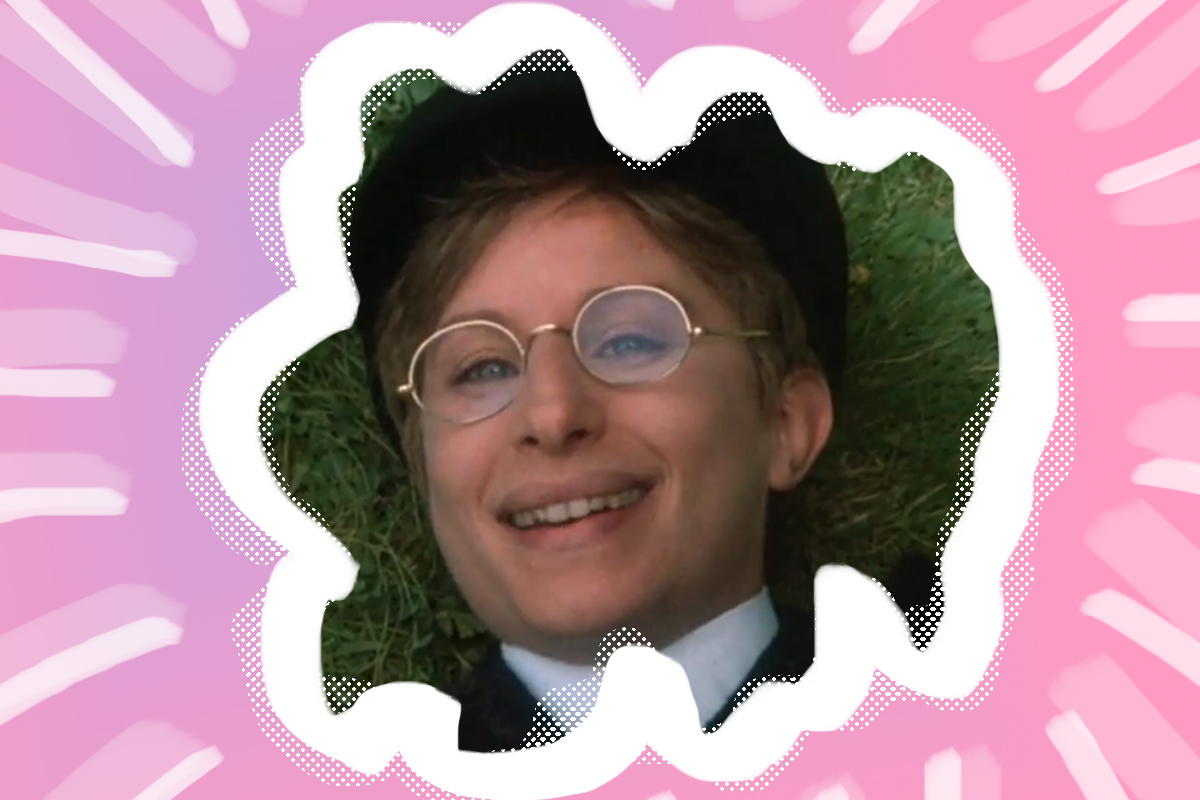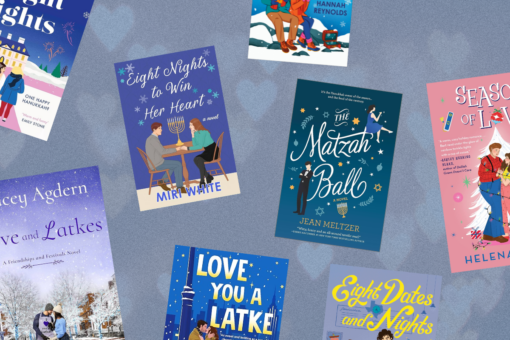Two months into quarantine, with no end in sight, I’ve found myself struggling to keep calm. Being riddled with anxiety is nothing new for me; with a running diagnosis of a panic disorder, it’s honestly kind of run of the mill. But pre-pandemic, there was always more at my disposal to distract myself with. I could go out, talk to friends, and not have to sit with the mounting chaos within my own head. Not anymore!
So, I’ve taken to trying to find ways to keep myself relaxed and entertained — all while staying inside. I’ve had trouble focusing on taking in new things, so I’ve decided to return to old favorites; namely, movies where the character’s world and feelings feel more exaggerated than my own.
Particularly, the wild world of the films of Barbra Streisand.
Babs has always been a favorite of mine. She represents everything I look up to in the women that I know: unapologetic strength, talent, beauty, and a razor-sharp wit to keep everyone on their toes. In every film of hers, she is wholly herself to the absolute extreme. There’s no shying away from her desires, her emotions, and her certain kind of drive that demands your attention, instantly.
Take Yentl (1983), Streisand’s Oscar-winning directorial debut which she also adapted, produced, and starred in. (And which was nominated for practically everything but Best Director, which everyone should still be upset with the Academy for.) Set in a small village in Eastern Europe, 1904, Yentl is the unmarried (gasp!) daughter of Reb Mendel, who teaches her Talmud after his male students have finished for the day. When her father dies, however, Yentl is unwilling to stay and fulfil her community’s expectations of her, and decides to leave town, disguised as a yeshiva boy.
Enrolled at Bychawa, Yentl falls in love with fellow student Avigdor (a young Mandy Patinkin!), who thinks Yentl is a boy named Anchel, and who is very much in love with his fiancée, Hadass (Amy Irving!), who also thinks Yentl is a boy named Anchel. But when Avigdor and Hadass’ engagement falls through, they both think that Anchel would be the perfect replacement husband. Uh oh. You can see where this is going.
Overwhelmed by her conflicting desires — studying Talmud, wanting to stay close to Avigdor, fulfilling Hadass’ expectations — Yentl becomes, essentially, a nervous wreck. Just when it seems that she could have everything, she also has it all to lose. In love with Avigdor, and coming to love Hadass, the only way Yentl has to express herself is (you guessed it!) to sing on high to God (and her papa) above. Trapped within the confines of her class, her gender, her world, her religion, all Yentl has to release her anxiety is her words, both those directed to herself and to those she loves.
Throughout this quarantining experience, I’ve found myself belting along with her show tunes, Yentl’s soundtrack on repeat. I’ve been writing poetry in my diary more than I have in over a year, and as much as I don’t like to, I’ve been making myself presentable enough to go on Zoom and talk to the people I love. Communication has become a saving grace, from the shortest texts to the hours-long phone calls. Because sometimes, in the absence of physical closeness, you just need to hear the words that someone cares. When Yentl reveals to Avigdor her true identity, she tells him that she’s loved him. Hearing him say it back to her, through his own veil of confusion, is enough to make me want to cry.
Within even the most stressful and saddening moments, when it feels like this will never end and things can only get worse, I always come back to this ridiculous, saccharine, sentimental movie, for which I have an undying love. Because while it may be corny, it also gives into the expression of emotional truths: longing and anxiety and the deepest sense of grief, all of which feel like they’re at cultural highs right now.
In the final scene of the movie, on a ship crossing the Atlantic, bundled up among throngs of other immigrants, the words Streisand sings in “A Piece of Sky” offer, ultimately, a feeling of unbound hope. Although she’s “felt the most,” she’s realized that “sometimes where danger lies, there the sweetest of pleasures are found.”
For me, when I feel at emotional capacity, unable to go beyond the bounds of my apartment walls, I’ve realized that I take the most pleasure in stories like this.
How I Keep Calm is our series featuring different ways people manage anxiety. If you have a pitch for this column, please e-mail submissions@heyalma.com with “How I Keep Calm” in the subject line.




